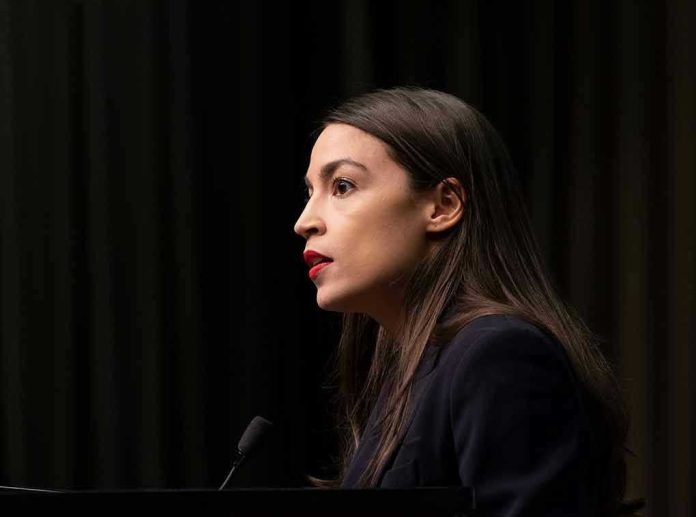
The silence from ‘Ceasefire Now!’ activists following Trump’s Gaza peace deal raises eyebrows, as it challenges their previous demands for an end to hostilities.
Story Overview
- Trump brokers a significant Gaza ceasefire, but activists remain silent.
- The deal includes controversial elements like international oversight and demilitarization.
- Activists criticize the lack of Palestinian representation in the agreement.
- Trump’s involvement polarizes the discussion, affecting activist support.
Trump’s Gaza Peace Deal: A Diplomatic Achievement
On October 8, 2025, President Donald Trump announced a breakthrough in the Israeli-Palestinian conflict with the signing of a new peace deal. This agreement, which initiated a ceasefire starting October 10, marks a significant achievement in Trump’s foreign policy efforts. It includes the release of hostages and a transition of Gaza’s administration to technocratic governance, though Hamas has rejected disarmament. Despite these developments, the response from ‘Ceasefire Now!’ activists has been notably muted.
This deal, while lauded by some international observers for its potential to reduce immediate violence, is not without controversy. Key elements include demilitarization efforts, international oversight, and conditional Palestinian self-determination. These provisions have prompted criticism from activist groups who argue that the deal undermines Palestinian sovereignty and fails to address long-standing issues.
Activist Criticism and Silence
The lack of celebration from ‘Ceasefire Now!’ activists can be attributed to several factors. Firstly, the plan’s top-down approach is seen as excluding meaningful Palestinian representation, leading many to question its legitimacy. Additionally, Trump’s direct involvement in the negotiations has polarized opinions, making it difficult for progressive activists to endorse the agreement. The ongoing concerns about accountability for war crimes and the exclusion of civil society from the negotiation table further exacerbate skepticism.
Activists have historically advocated for an end to violence and the protection of Palestinian rights. However, the current deal’s terms, particularly those related to demilitarization and international oversight, are viewed as undermining Palestinian self-determination. This perspective has fueled their reluctance to endorse the agreement, as it appears to entrench the status quo rather than addressing the root causes of the conflict.
The Broader Political Context
The Gaza conflict’s historical backdrop and the shifting international alliances set the stage for this new agreement. Despite previous U.S. administrations’ failures to secure lasting peace, Trump’s plan introduces new dynamics into the regional equation. However, the absence of enthusiasm from activists suggests a disconnect between the deal’s purported achievements and the demands of those on the ground.
While the agreement has initiated a temporary ceasefire, its long-term success remains uncertain. The durability of the deal hinges on the willingness of both parties to engage in constructive dialogue and adhere to the outlined terms. The international community’s role as mediators and guarantors will be crucial in maintaining stability and supporting Gaza’s reconstruction efforts.
Sources:
Wikipedia: Gaza war peace plan
Trump White House Archives: Peace to Prosperity













